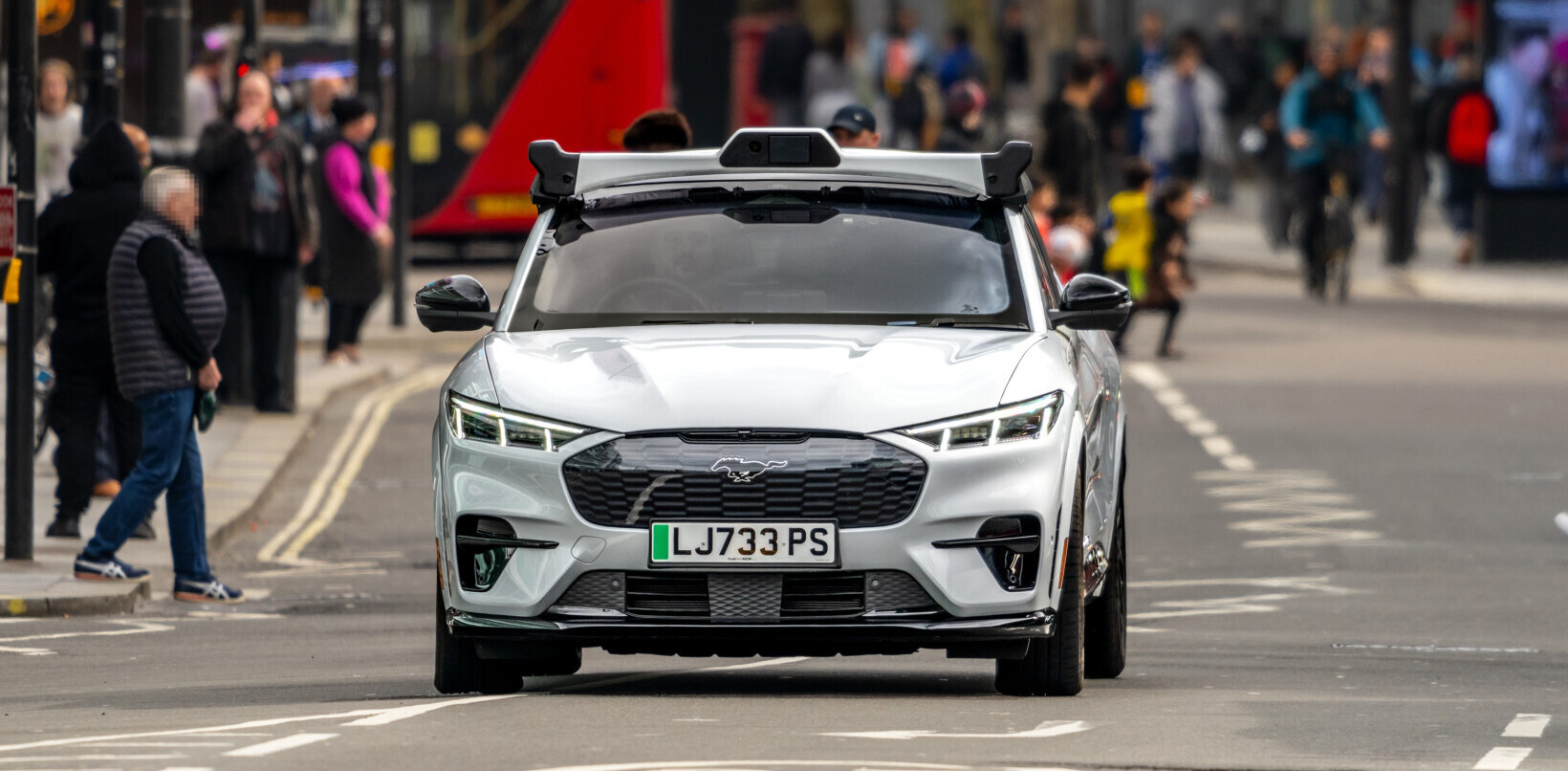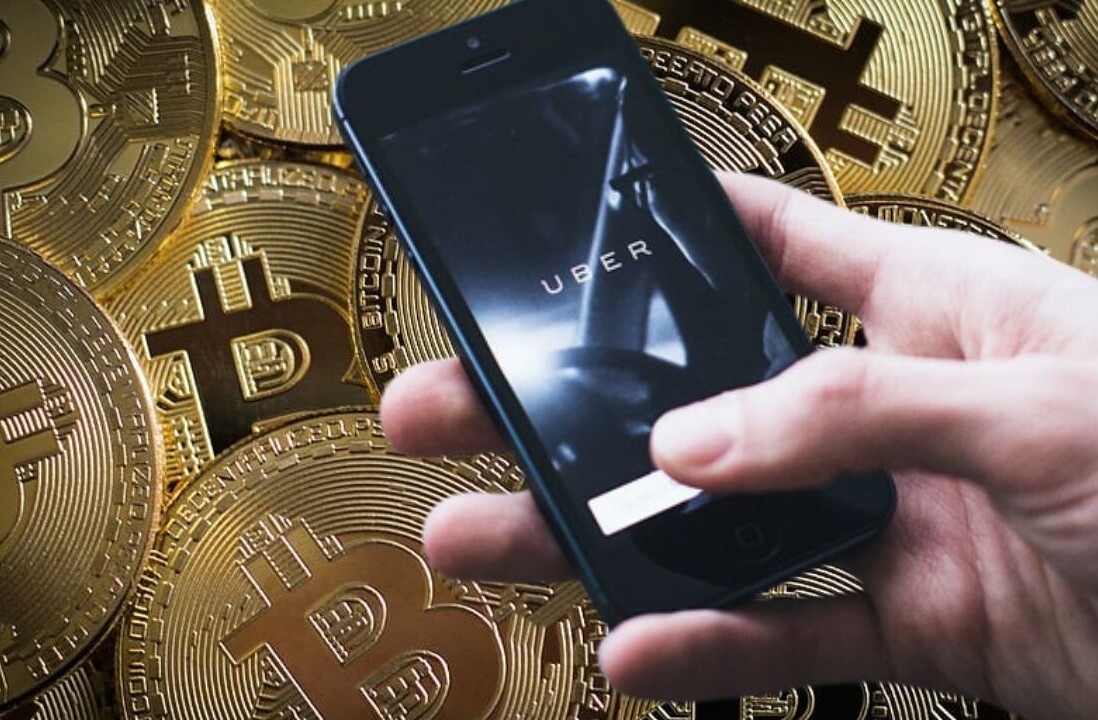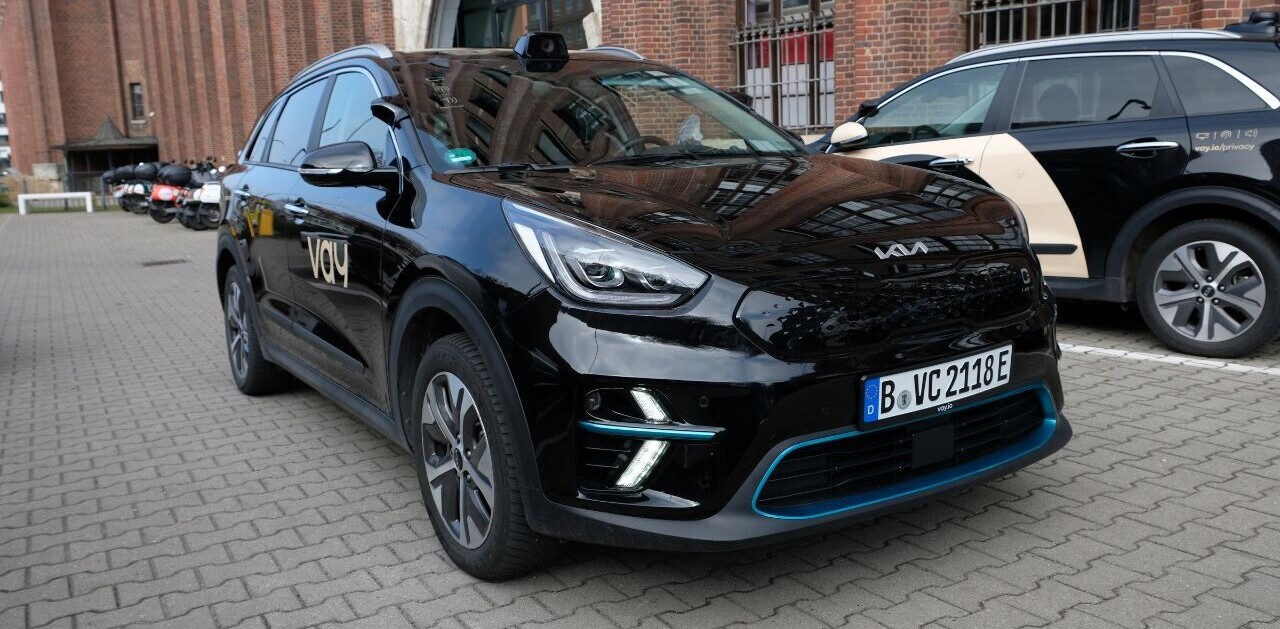It’s been a long old journey for former Uber drivers James Farrar and Yasseen Aslam. But after a five-year legal battle, the pair arrived at their chosen destination – a court ruling that drivers for the taxi app firm should be treated as workers rather than independent contractors.
It is a distinction that could have significant implications for the earning rights of Uber drivers, at a potentially heavy cost to the firm, which is fighting similar challenges around the world. The ruling could also have a marked effect on the wider gig economy, paving the way for similar claims that could come from online tutors, supply teachers, or freelancers.
Future cases are likely to test how far the February 2021 judgment stretches. But the court ruling certainly strengthens the message – from both academia and an official 2017 review of modern working practices – to other online platforms in the gig economy that the “misclassification” of their workforce will not be tolerated. For example, the judgment may encourage Deliveroo riders who were previously unsuccessful at asserting their employment status in court.
The Uber case began when Aslam, Farrar, and their fellow claimants successfully took on the firm in an employment tribunal in 2016, contending they were workers and therefore entitled to a minimum wage and paid leave.
[Read: ]
Uber lost a string of subsequent appeals, culminating in the latest unanimous judgment against them by the UK’s Supreme Court. Giving the judgment, Lord Leggatt held that the original employment tribunal was correct for five key reasons:
- Drivers have no say over their fares
- A standardized written agreement is essentially imposed on drivers
- Uber exercises a significant amount of control over drivers, including penalizing those whose acceptance rate falls below
- Uber’s expectations
- Uber dictates the way in which drivers should deliver their service and uses a rating system to manage this
- Communication between passengers and drivers is restricted by Uber (preventing the formation of any future relationship between the driver and the passenger).
The balance of power
In short, the Supreme Court believed the drivers were subordinate to Uber, leading to an imbalance of power. Beyond increasing the hours spent working via the platform, drivers had no means of improving their economic position through entrepreneurship – something which could reasonably be expected of an independent contractor.
The judgment was welcomed by Farrar and Aslam, who told the BBC they were “thrilled and relieved” by the ruling.
Farrar added: “This is a win-win for drivers, passengers, and cities. It means Uber now has the correct economic incentives not to oversupply the market with too many vehicles and too many drivers. The upshot of that oversupply has been poverty, pollution, and congestion.”
For its part, an Uber spokesman said: “We respect the court’s decision which focused on a small number of drivers who used the Uber app in 2016. Since then, we have made some significant changes to our business, guided by drivers every step of the way. These include giving even more control over how they earn and providing new protections like free insurance in case of sickness or injury.
He went on: “We are committed to doing more and will now consult with every active driver across the UK to understand the changes they want to see.”
Whatever changes lie ahead, the landmark judgment is indeed a major step in tackling how vast numbers of working people are treated, with the potential to change the shape of the gig economy as we know it.

But it is worth noting that this judgment has been five years in the making.
What is that compared to the speed at which online platforms like Uber can update its terms and conditions or business models?
It seems as though the law has engaged in a game of cat and mouse in attempting to hold platforms accountable for the way they treat their workforce. It may be that a future legislative response at the government level will be required to level the playing field for workers who may otherwise feel bound by the terms of their agreements.
For now, drivers have found a rare moment of certainty in the ever-changing gig economy. But while the drivers have won this battle, the question remains over who will win the war. We might be in for a bumpy ride.![]()
This article by Jessica Gracie, PhD Candidate, York Law School, University of York is republished from The Conversation under a Creative Commons license. Read the original article.

SHIFT is brought to you by Polestar. It’s time to accelerate the shift to sustainable mobility. That is why Polestar combines electric driving with cutting-edge design and thrilling performance. Find out how.
Get the TNW newsletter
Get the most important tech news in your inbox each week.





